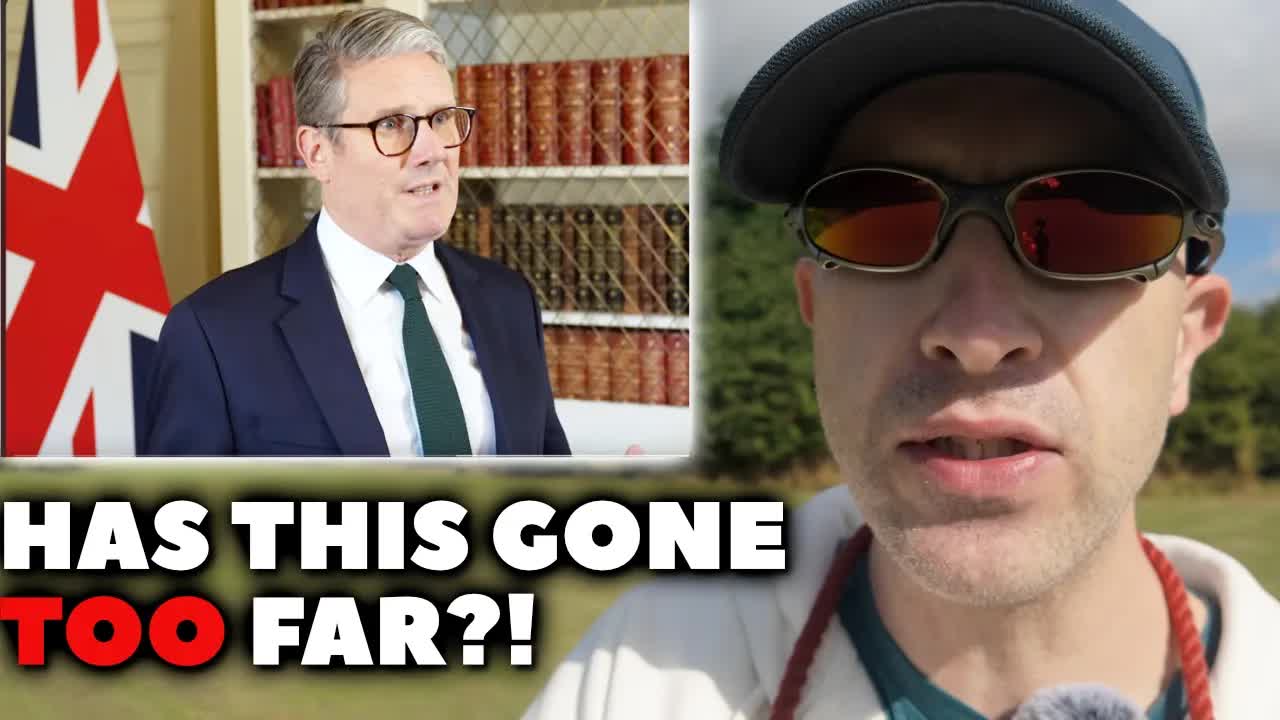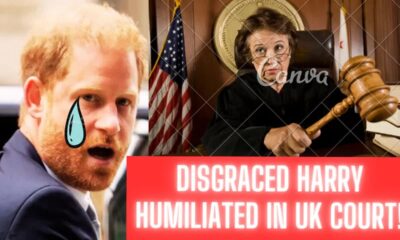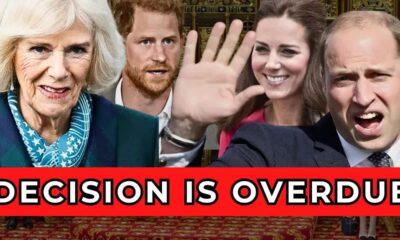All round
The UK’s Tough Stance on Social Media Posts: A Step Too Far?
In recent months, the UK government has faced intense scrutiny regarding its approach to sentencing individuals for social media posts linked to civil unrest.
The question looms large: Have they gone too far?
This issue isn’t just about the severity of individual punishments; it reflects broader concerns about how the government manages its reputation in a time of upheaval.
At the heart of the matter is what punishment truly aims to achieve.
Traditionally, punishment serves two primary purposes: to penalize the wrongdoer and to deter others from committing similar offenses.
Trending:
- Meghan Markle Steals the Spotlight Again: A Royal Engagement Gone Awry
- “Harry and Meghan’s Tense Moment: A Marriage Under Scrutiny”
- Tension Unveiled: Frances Marquez’s Discontent with Meghan Markle in Colombia
- Elton John’s Scathing Remarks Leave Meghan Markle in Tears at Music Awards
- Meghan Markle’s On-Set Outburst: A Diva in Disguise?
However, the question arises: Is a lengthy prison sentence for a Facebook post that calls for violence really an effective deterrent?
Many are beginning to wonder if such responses are excessive.
A recent case highlights this dilemma.
A carer, who had led a quiet life, received a 15-month prison sentence for a post deemed inflammatory.
In her comment, she suggested that efforts to protect a mosque were misguided, even going so far as to imply that it should be destroyed.
While her words were undeniably inappropriate, many are questioning whether a custodial sentence was warranted or if a lesser penalty would have sufficed.
The judge in this case emphasized the need for accountability among “keyboard warriors,” suggesting that such inflammatory language cannot go unchecked.
The carer admitted her comment was made in anger and later expressed regret, acknowledging the harm caused.
Yet, the severity of her sentence raises eyebrows, especially considering her previously clean record.
This situation brings forth a crucial discussion about proportionality in sentencing.
With some individuals receiving harsh penalties despite having no prior convictions, there appears to be a disconnect between the nature of the offense and the punishment meted out.
Critics argue that while the intention may be to deter future unrest, the approach could be counterproductive.
Public sentiment seems to echo this concern.
A recent poll conducted on social media suggests that a significant majority believe the government has indeed overstepped its boundaries in these cases.
Many respondents feel that the current climate fosters a culture of fear regarding freedom of expression, particularly online.
As the government grapples with its image and seeks to establish authority, it faces the challenge of balancing public safety with civil liberties.
The potential chilling effect on free speech is a growing concern, as citizens become wary of expressing dissenting opinions for fear of legal repercussions.
Moreover, the context of civil unrest complicates matters further.
While it’s imperative to address criminal behavior, there is a fine line between maintaining order and infringing on individual rights.
The notion that expressing criticism of government policies could lead to severe consequences is unsettling for many.
In light of these developments, citizens are left questioning their rights to engage in discourse on social media platforms.
The ambiguity surrounding acceptable speech has led to hesitance, with individuals unsure of how to voice their opinions without facing backlash.
This state of uncertainty is alarming, particularly in a democratic society that values freedom of expression.
The conversation surrounding the government’s punitive measures will likely continue to evolve.




















































































